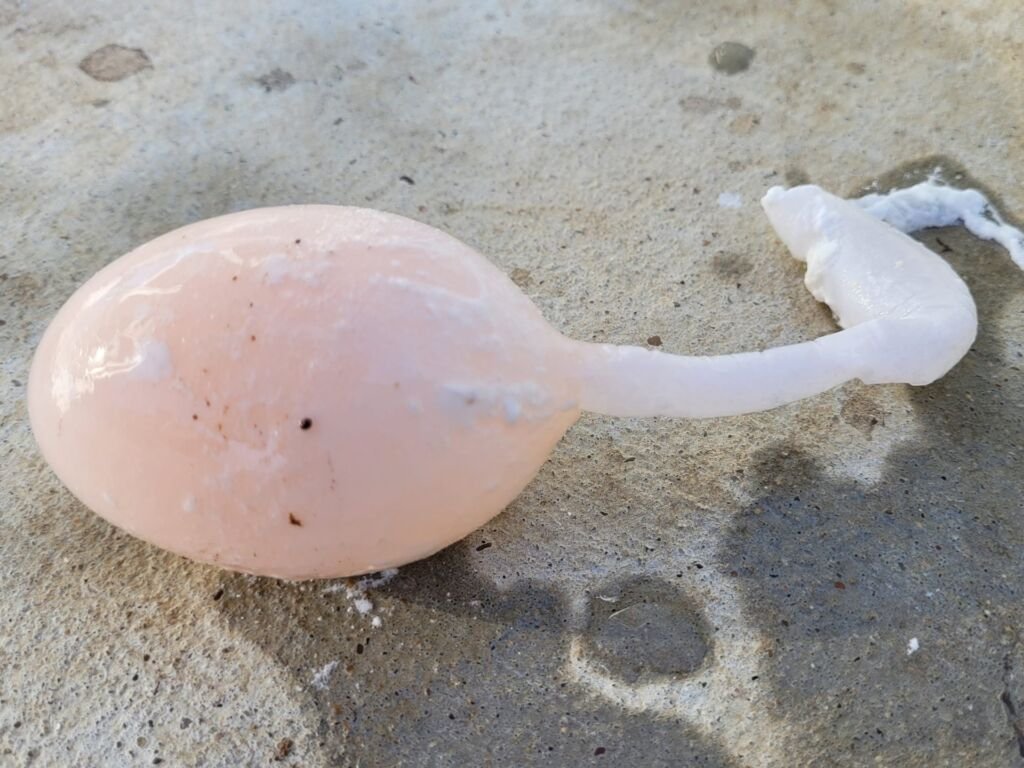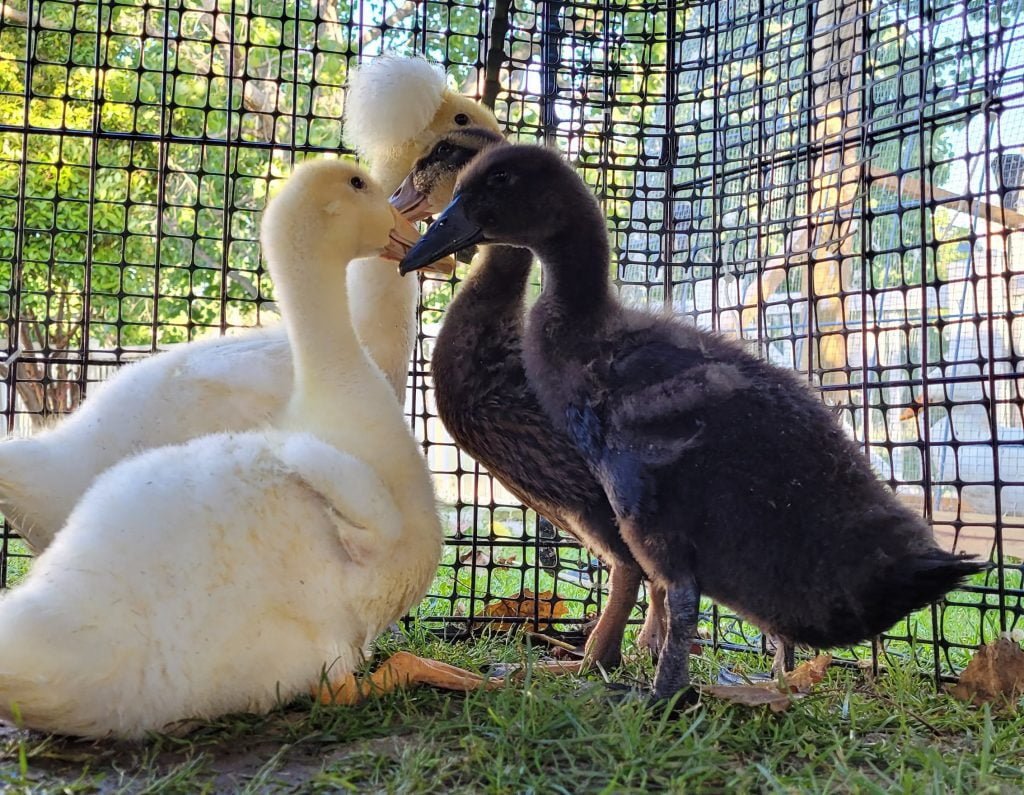Last updated on July 16th, 2024 at 06:27 pm
Ducks probably hold a special place in your heart if you love birds. Their cute waddling, playful behaviors, and adorable quacks add joy to ponds, parks, and backyards. But have you ever wondered how long these feathered friends live?
Wild and domesticated ducks have a lifespan that can vary depending on the care they receive. Wild ducks typically enjoy a life span of 5 to 10 years, adapting to the challenges of their natural habitat. However, with dedicated care, domestic ducks can thrive and surpass expectations, living up to 20 years. The key lies in providing proper care and a nurturing environment.
What Affects Duck Lifespan
Wild Ducks: Living on the Edge
Wild ducks face numerous challenges in their natural habitats that impact their lifespan. Predators like hawks, foxes, and snapping turtles everywhere make the first year of their lives quite dangerous. Only 1 in 10 ducklings survive this tough time. Those who do can live a decent 15-20 years, but the average is more like 5-10 years. It’s like playing a challenging game where nature throws surprises at them.

Female wild ducks face a higher risk of predator attacks while nesting. As they incubate eggs on the ground, they become more susceptible to predators seeking an easy target. This vulnerability during the crucial nesting period contributes to the shorter lifespan of wild female ducks compared to males.
Domestic Ducks: Living the Good Life
Now, picture ducks in a backyard pond – it’s like their own paradise. They have plenty of food, safe places to relax, and no worries about predators. With proper care, these ducks can enjoy life for 10-15 years, and some of them even reach an impressive age of 20 or more. The current Guinness World Record Holder for the oldest duck is 21.
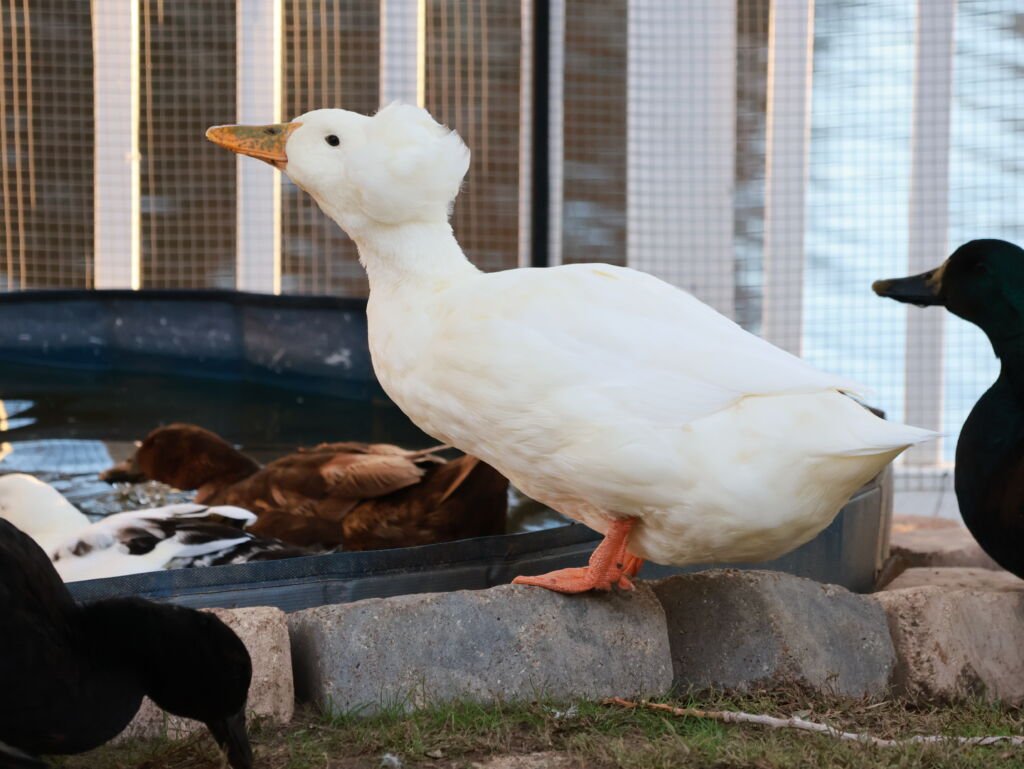
This emphasizes owners’ responsibility to ensure a safe and nurturing environment for their pet ducks.
Our ducks are still relatively young. They are in their second and third years of life. I am looking forward to spending many more years with them.

The Factors that Affect Duck Lifespan
But here’s the thing – a duck’s life isn’t like a ticking clock. It depends on many factors. Some duck breeds naturally live longer due to their genes. The environment also matters – clean water, good food, and enough space help ducks stay healthy. And a bit of luck, like escaping from a hungry predator, can add extra years to a duck’s life.
Genetics
Like humans, different domestic duck breeds have varying lifespans, influenced by size and genetics. Smaller breeds, like the cute Call Duck and the elegant Runner Duck, typically live between 8 and 10 years, with some individuals reaching 12. These feathered friends are like the marathon runners of the duck world, constantly moving, which may contribute to their slightly shorter lifespans than their larger counterparts.
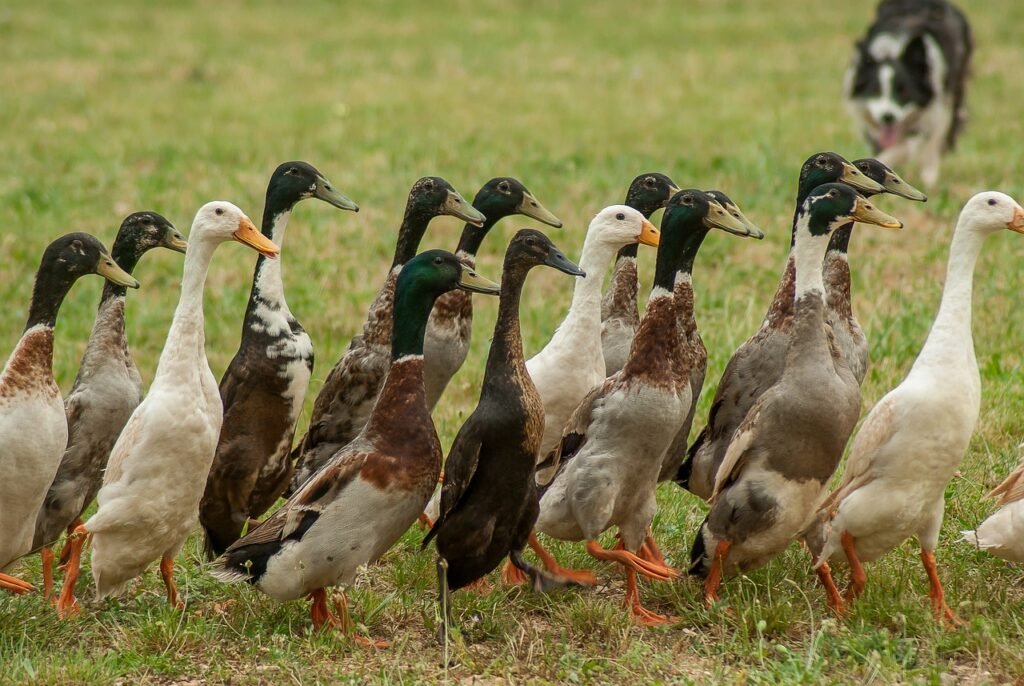
On the other hand, larger duck breeds bred for meat, such as the Pekin Duck and the Aylesbury Duck, tend to have lifespans of 6 to 8 years. Think of them as the sprinters of the duck world, putting on a burst of growth for meat production before slowing down later in life. Additionally, they often face health challenges due to their heavy weight, including arthritis and respiratory problems.
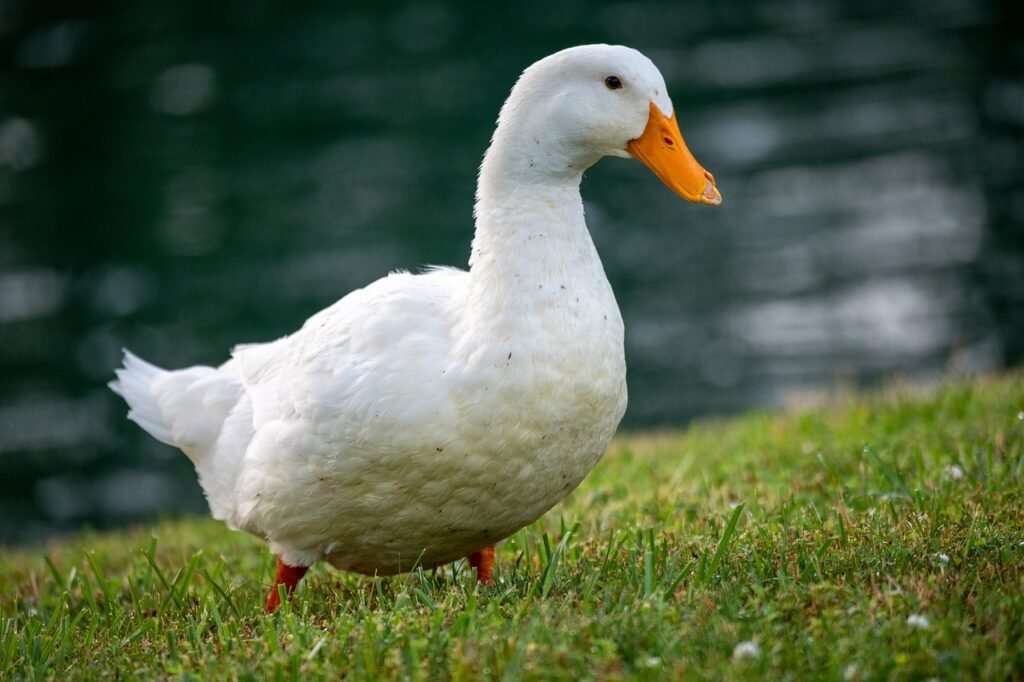
However, there are always outliers! The undisputed champions of longevity in the duck world are the gentle giants, the Muscovy Ducks. With their distinctive wart-like faces, these impressive birds can live for a staggering 20 years or more.

So, when choosing a feathered friend, remember that size isn’t everything. While smaller breeds may not live quite as long, they’ll fill your life with years of charming antics and egg-cellent productivity.
Nutritious Diet
A balanced and nutritious diet is paramount for the health and longevity of pet ducks. Include a mix of commercial duck feed, fresh vegetables, and access to clean water. Certain foods, like leafy greens and grains, contribute to their overall well-being.
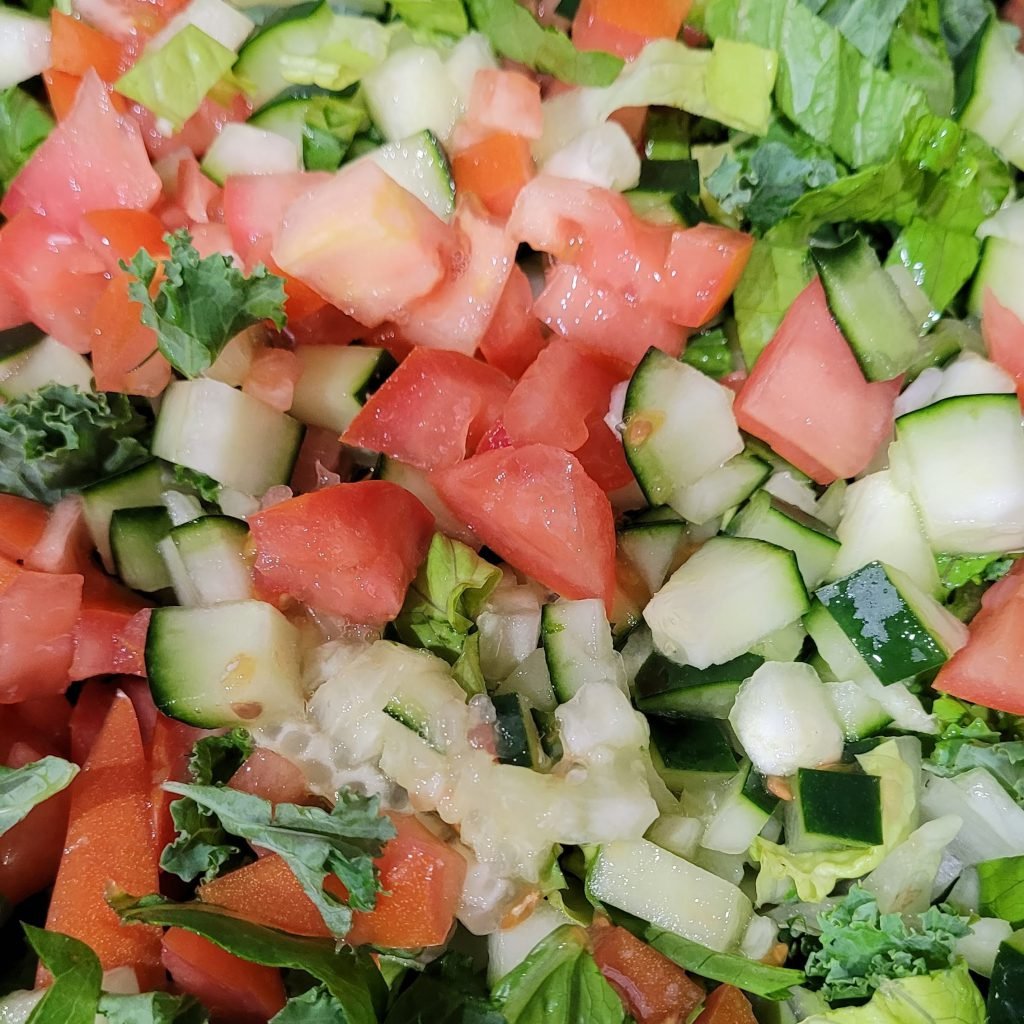
Safe Enclosure
Creating a predator-proof coop and run is a crucial aspect of promoting the longevity of pet ducks. Ducks, being natural foragers, face potential threats from predators like foxes, raccoons, and birds of prey. Establishing a secure enclosure becomes essential to safeguard them during both day and night. A well-constructed coop, fortified with sturdy walls, a secure door, and predator-resistant mesh, ensures that ducks are protected from unwelcome intruders.
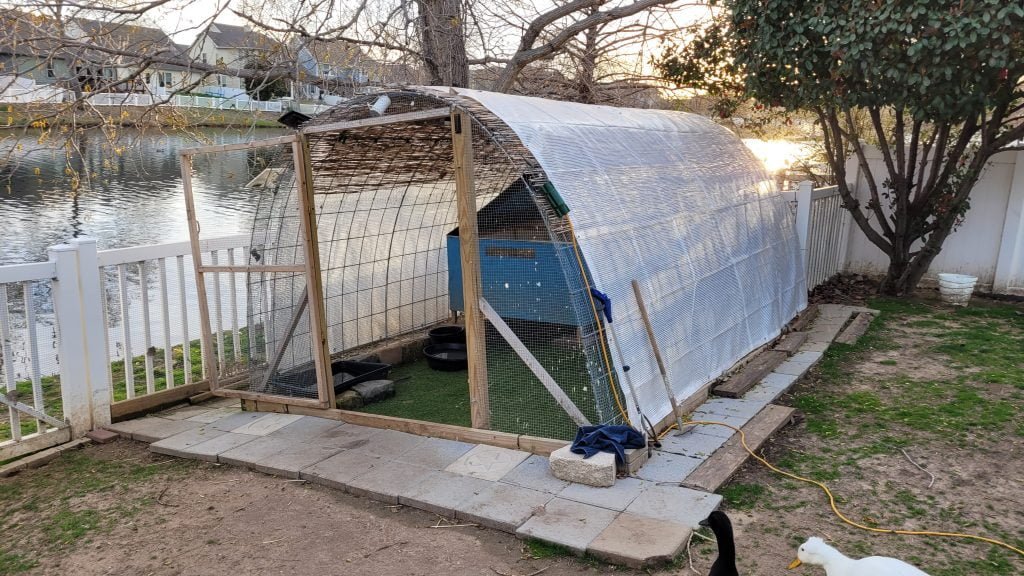
This investment not only shields the ducks but also offers peace of mind to owners, contributing to a safe and secure living environment. Duck parents can significantly enhance their beloved feathered companions’ overall well-being and lifespan by prioritizing implementing a predator-proof space.
Veterinary Care
Regular check-ups with a qualified avian veterinarian are essential. Vaccinations, preventive measures, and prompt treatment for any health issues are crucial to ensuring a longer and healthier life for your ducks.

Duck Health Indicators
Physical Signs of a Healthy Duck
Regularly observe your ducks for signs of good health. Shiny and well-groomed feathers, bright eyes, a clean beak, and overall body condition are indicators of a thriving duck.
Common Health Issues in Ducks
Ducks can be prone to various health issues. Respiratory problems, leg injuries, and reproductive issues are common. Early detection and timely intervention are crucial to addressing these issues effectively.
The Role of Exercise
Importance of Physical Activity
Exercise plays a vital role in promoting the health and longevity of ducks. Encourage physical activity by providing a spacious and secure outdoor area. Activities like swimming, foraging, and even supervised walks contribute to their well-being.
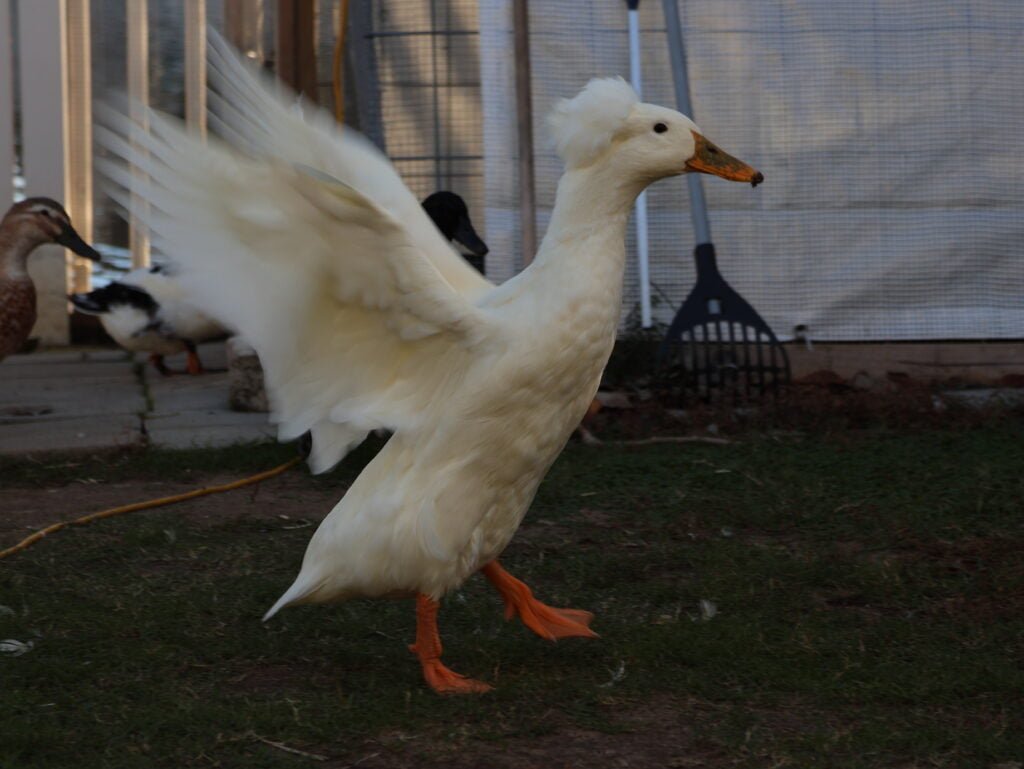
Conclusion
In conclusion, understanding the factors influencing the lifespan of ducks is crucial for responsible ownership. Recognizing the differences between wild and domestic ducks highlights the impact of human care on their longevity. Providing a nutritious diet, regular veterinary care, and promoting exercise can ensure a happy and healthy life for your beloved feathered friends.


